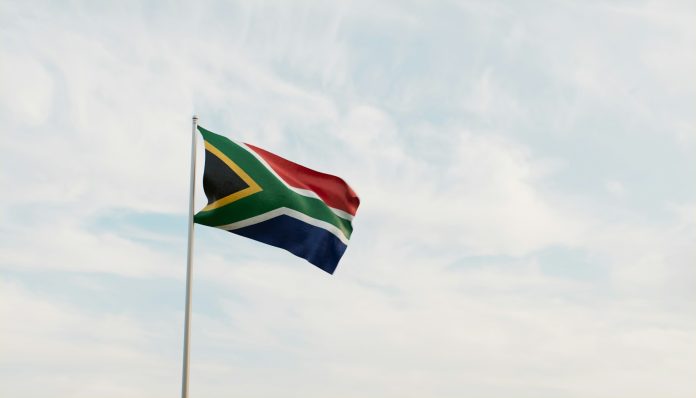Today we’re discussing financial literacy in South Africa. We’re talking about the average citizen’s skills, knowledge, and confidence to make smart financial decisions.
South Africa is facing tough economic challenges and has been for the whole of its history; high poverty rates, inequality, and unemployment are woven into the socioeconomic fabric of Africa’s most industrialised, technologically advanced, and diversified economy.
What does this say for the rest of the continent? And could South Africa potentially form the blue print for the rest of Africa’s emerging economies to foster long term financial literacy?
A lot of Africans are making poor financial choices simply because they lack basic money management skills. i.e. they have not been taught this at crucial stage of their education and development. New studies hypothesize that much of our attitude and approach to money is established by the age of seven years old.
That’s where foundational financial literacy education can try to bridge this gap. Here’s a sobering fact: according to a 2021 OECD survey, only 42% of South African adults are financially literate. That means over half the adult population doesn’t properly grasp basic concepts like interest rates, inflation, or savings. It’s even worse in rural areas and among low-income groups.
So, what’s holding us back? For one, there’s a lack of access to financial education. Many schools don’t offer it, and when they do, it’s often not comprehensive enough. Plus, there’s a trust issue. Many South Africans have been burned by financial scams or misconduct, making them sceptical of financial institutions in general.
There are solutions we can explore to help address these challenges:
- Incorporate financial education into school curriculums. Studies have shown that kids actually love learning about saving money.
- Use technology to our advantage. Mobile phones are widespread in South Africa, so why not use them for financial education?
- Financial institutions need to step up. They can offer education programs and provide clear, transparent information about their products and services.
Brett Van Aswegen, CEO of the financial short term loan institution Wonga Online Ltd believes that responsible lenders have a moral and civic duty to boost financial literacy. He suggests that lenders should provide financial literacy lessons to borrowers, helping them understand financial products and risks better.
For more detailed information on financial literacy initiatives in South Africa, you can check out the National Treasury’s page on consumer financial education. It’s worth noting that South Africa’s financial sector is well-developed, with a wide range of products available. However, consumer debt is a growing concern. According to the National Credit Regulator, South African consumers now have 20% more unsecured debt on average compared to 2016. You can find more statistics on consumer credit in South Africa here: National Credit Regulator Statistics.
The bottom line: improving financial literacy in South Africa is crucial. It’s not just about individual financial security – it’s about contributing to the country’s overall economic growth.
By addressing these challenges and promoting financial literacy, South Africans can take control of their financial futures. If the combined intervention of government, financial institutions and schools can work cohesively to cultivate a strong backbone of literacy these fundamentals can absolutely be rolled out to other emerging African economies.



 Bitcoin
Bitcoin  Ethereum
Ethereum  XRP
XRP  Tether
Tether  Solana
Solana  USDC
USDC  TRON
TRON  Lido Staked Ether
Lido Staked Ether  Cardano
Cardano  Avalanche
Avalanche  Toncoin
Toncoin